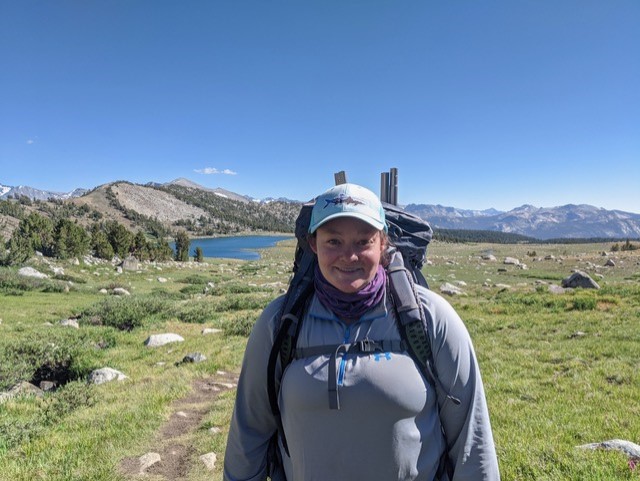

In the realm of environmental science, understanding the intricacies of ecosystems is paramount to addressing pressing global challenges. Assistant Professor Celia Symons from the Department of Ecology & Evolutionary Biology is spearheading significant efforts as a Co-Principal Investigator within one of seven working groups in the groundbreaking Environmental Data Science Innovation & Inclusion Lab (ESIIL).
ESIIL stands as a pioneering National Science Foundation-funded data synthesis center led by the University of Colorado Boulder in collaboration with NSF’s CyVerse at the University of Arizona and the University of Oslo. Its mission is clear: to harness the power of environmental data science in the pursuit of science-based solutions to combat critical issues in biology and other environmental sciences.
At the heart of ESIIL lies a commitment to inclusivity. Recognizing the imperative of diverse perspectives, the lab champions a collaborative approach to environmental data science, fostering a global community dedicated to leveraging data and analytics to tackle environmental challenges comprehensively.
The workgroup, of which Professor Celia is a part, is poised to make significant contributions to this vision. Titled “Synthesizing Patterns and Drivers of Zooplankton Community Dynamics Worldwide,” this group focuses on the crucial role zooplankton play in freshwater ecosystems.
Lakes, often overlooked in biodiversity research compared to marine and terrestrial environments, are vital components of our ecosystem. Zooplankton, microscopic aquatic animals, serve as essential metrics of biodiversity in lakes, influencing the health of these ecosystems. However, the impact of changing zooplankton dynamics on ecosystem function remains understudied.
The group has amassed a monumental dataset, comprising over 60,000 samples from 289 lakes across 34 countries and 6 continents, spanning up to 60 years. This wealth of data provides a unique opportunity to examine how zooplankton assemblages respond to climate change and the potential ramifications for lake water quality and ecosystem function.
By drawing upon their diverse backgrounds and expertise, the group aims to synthesize global trends in zooplankton biodiversity, shedding light on the intricate dynamics shaping freshwater ecosystems worldwide. Their collaborative efforts promise to uncover insights crucial for informing conservation strategies and mitigating the adverse effects of environmental change.
ESIIL’s support empowers such endeavors by fostering cutting-edge team science, providing innovative tools and collaborative cyberinfrastructure, offering data science education and training, and prioritizing inclusive participation and diverse perspectives.
In a world grappling with environmental challenges, initiatives like ESIIL offer a beacon of hope. By embracing the power of data and collaboration, we stand poised to unlock innovative solutions that safeguard our planet’s precious ecosystems for generations to come.
Learn more about ESIIL and Professor Symons.
